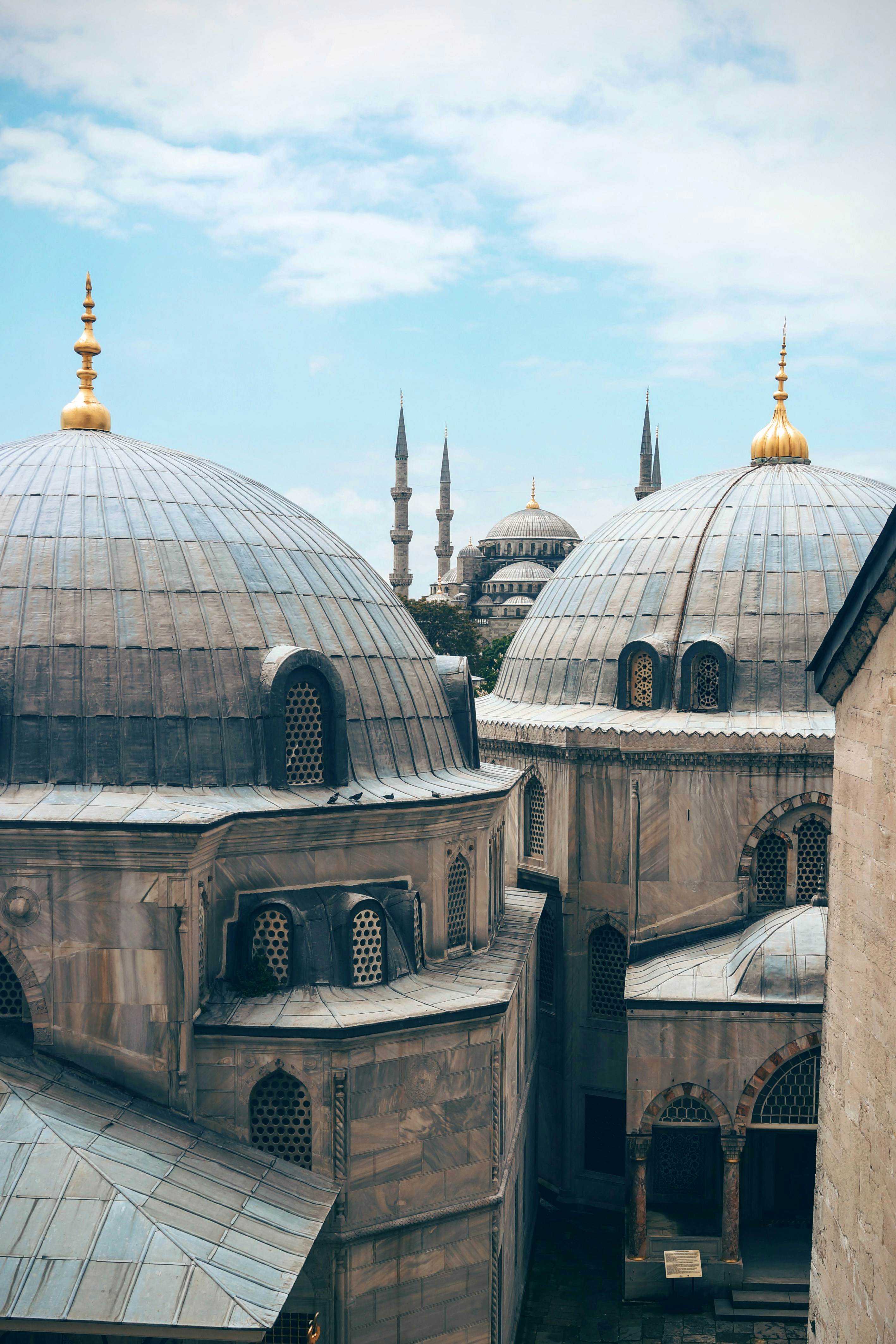Iraq is on the verge of completing a landmark electrical interconnection project with the Gulf Cooperation Council (GCC) countries, a transformative step toward stabilizing its long-troubled power grid. This initiative promises to bolster energy security and reduce Iraq's reliance on imported electricity, particularly from Iran. Below, we explore the project's progress, its significance, and the broader implications as reported during this period.
A Milestone in Energy Infrastructure
Iraq's Ministry of Electricity has announced that the Gulf electrical interconnection is nearly finished, with over 90% of the work completed. The project links Iraq's southern grid to the GCC network via a 295-kilometer transmission line stretching from Kuwait's Al-Wafra power plant to the Al-Faw station in Basra. With an initial capacity of 500 megawatts, expandable to 1,800 megawatts, the line aims to deliver a reliable flow of electricity to Iraq's energy-starved south, a region plagued by chronic blackouts.
The effort, spearheaded by the GCC Interconnection Authority (GCCIA) and backed by funding from the Qatar Fund for Development and the Kuwait Fund for Arab Economic Development, marks the first expansion of the GCC grid beyond its six member states—Saudi Arabia, Kuwait, Bahrain, Qatar, Oman, and the UAE. Three companies have raced to erect the high-voltage infrastructure, with testing phases underway to ensure seamless integration into Iraq's system.
Breaking Free from Energy Dependence
The interconnection comes as Iraq seeks to diversify its electricity sources after decades of instability. Wars, sanctions, and mismanagement have left its power sector in tatters—current domestic production hovers around 22,000 megawatts against a peak demand of 35,000 megawatts, with Iran filling the gap via 1,200 megawatts of direct power and gas for local plants. Sanctions on Tehran and its own shortages have made this lifeline erratic, prompting Baghdad to turn to its Gulf neighbors.
This link promises more than just watts. Priced competitively—saving Iraq an estimated $175 million annually compared to local generation—it reduces dependence on Iran, a shift with geopolitical weight as Iraq navigates U.S. pressure to curb Tehran's influence. The project's first phase targets Basra, a key economic hub, with plans to scale up supply across the south, easing summer outages when temperatures soar past 50°C.
Regional and Economic Impacts
The GCCIA touts the interconnection as a win for regional stability, knitting Iraq closer to the Arab fold. The line's 3.94 terawatt-hours of annual capacity by next year could power industrial zones and attract investment to Iraq's war-ravaged west, complementing a separate Jordan-Iraq link already feeding 40 megawatts to Anbar province. Saudi Arabia's parallel 1,000-megawatt connection from Arar to Yusufiya nears operation, further diversifying Iraq's grid.
Economically, the stakes are high. Iraq spends $200–$300 million yearly on GCC electricity, a fraction of the billions lost to blackouts—$40 billion annually by some estimates. Savings could fund grid repairs, while energy stability might lure foreign firms hesitant to brave Iraq's outages. Oil markets hold steady—Brent at $74 per barrel—though traders eye reduced Iranian leverage as a wildcard.
Challenges and Ambitions
The project isn't without hurdles. Technical integration—marrying Iraq's aging grid to the GCC's modern network—demands precision, with delays in testing risking a late launch. Security threats linger; the 2003–2012 era saw $27 billion in power investments squandered amid corruption and sabotage. Political will, backed by Prime Minister Mohammed Shia Al-Sudani, drives progress, but regional tensions—Iran's waning sway, Syria's chaos—could complicate cross-border harmony.
The GCCIA envisions more: links to Jordan, Egypt, and eventually Europe, crafting an "electricity highway" to export surplus winter power. For Iraq, it's a step toward self-reliance, with plans to boost domestic output via Qatari gas imports and solar projects like Saudi Arabia's 1-gigawatt plant.
Looking Ahead
Iraq's near-complete Gulf interconnection heralds a brighter energy future, slashing blackouts and reorienting its geopolitical ties. Success could cement the GCC as a power broker, while failure risks stalling Iraq's recovery. As lines hum to life, the nation stands at a crossroads—poised to reclaim stability or grapple with the ghosts of its past. For now, the world watches a flicker of hope in a land long darkened by want.
